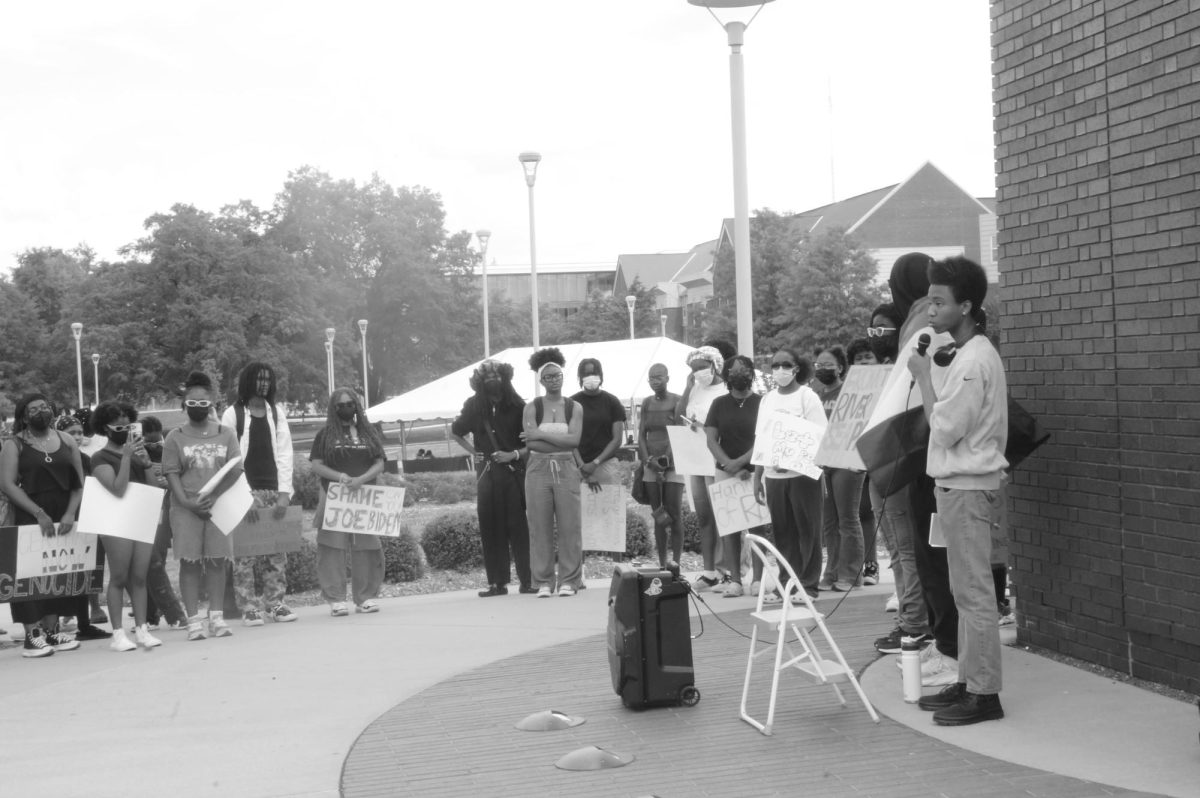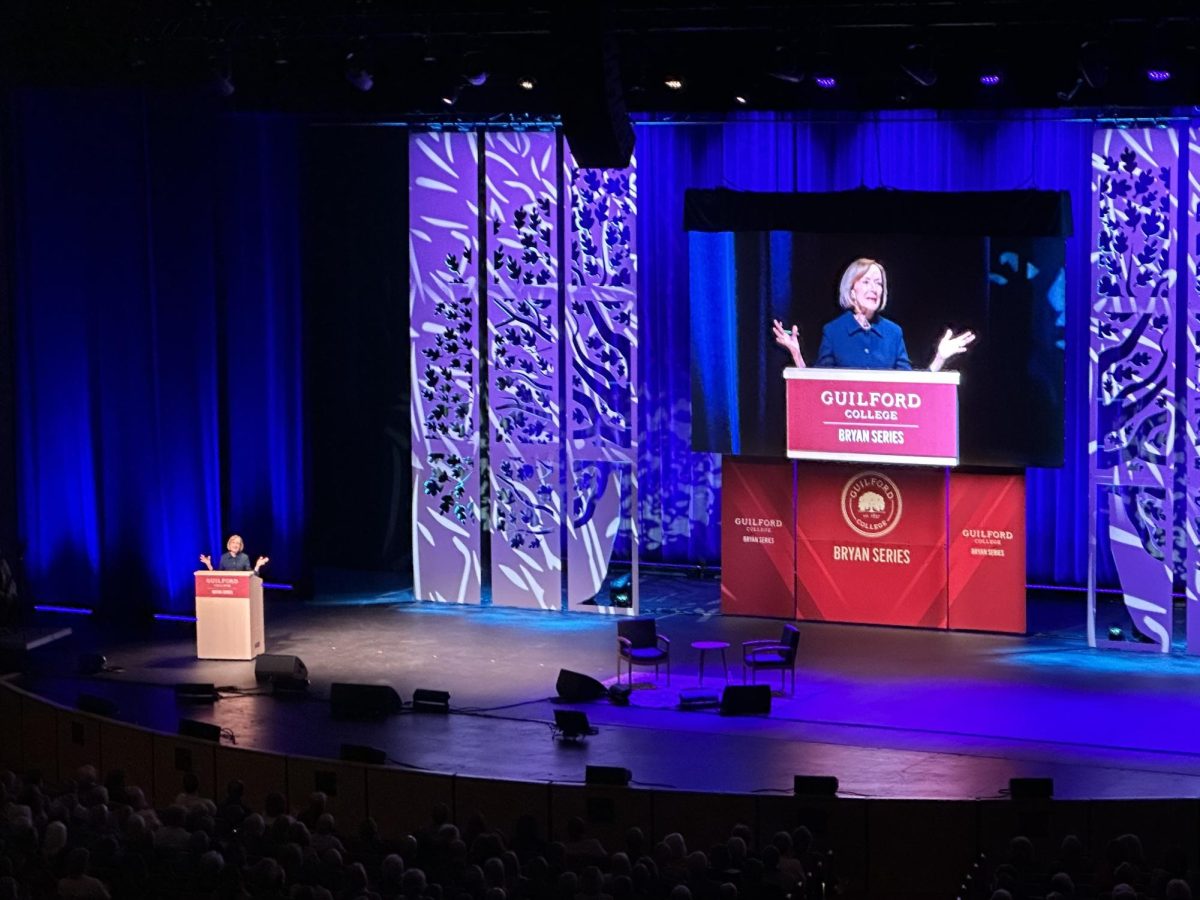As the most prominent film award show and a cultural event, second only to the Superbowl, no one is questioning the impact of the Oscars. But, the nation is questioning why all the nominees this year were suspiciously lacking in one quality: diversity.
This year, no minorities were nominated for any of the acting categories, something that hasn’t occurred since 1998. Additionally, all of the Best Picture nominees, most of which were directed by men, focused on male characters.
Many would claim that the Academy’s demographics are what led to this year’s catastrophe, which may be partially true. As of 2012, the Academy consists of a 94 percent white and a 77 percent male population. Black voters made up only 3 percent of the group.
“Most of the nominated were white males,” said Early College junior Janie Cary. “It may not necessarily be an intentional bias of the Academy, but the voting committee is made up of mostly white males.”
These circumstances inspired a collective outrage on social media. Protesters boycotted the broadcast of this year’s Oscars to show their discontent and flooded Twitter with the #OscarsSoWhite hashtag. Many attribute the 16 percent drop in viewership to their efforts.
“There were many performances, both in front of and behind the camera, by people from marginalized communities that I believe should have been recognized,” said April Reign, the creator of the #OscarsSoWhite hashtag, to Forbes magazine. “The point of the hashtag I created is not that the other nominees are not deserving. They all turned in excellent performances, and that should be recognized. But Ava (DuVernay) and David (Oyelowo, of “Selma” fame) also should be recognized for their outstanding contributions, among others.”
The blame, however, lies not with the Academy of Arts and Sciences, who votes on Oscar wins and nominations, but with the entire Hollywood industry.
“I think the lack of diversity is reflective of the film industry as a whole, which is dominated by white males,” said Chad Phillips, visiting assistant professor of theatre studies and head of film studies, in an email interview.
According to Time magazine, the number of nonwhite people on the big screen is three times less than the number of nonwhite people in America. Even more concerning, the top three acting agencies in the industry have fallen behind in their attempts to build a racially diverse roster.
“There are certain major projects that you just don’t get to be a part of unless you have a connection with one of these top agencies,” said Ana-Christina Ramon, the co-author of a UCLA study on diversity in film agencies. “Or maybe you get to be a part of it, but you’re not going to be the lead. So the tendency of top agencies to pack their talent rosters with whites really restricts access to opportunities for underrepresented groups.”
According to the UCLA study, the top three agencies together represent 72 percent of all film actors, and only 7 percent of their represented actors are minorities. Out of the 28 percent represented by smaller agencies, 19 percent are minorities.
This lack of support is reflected in the gross underrepresentation of minorities, including women, Hispanics, Asian- and African-Americans in film and TV. According to the UCLA Diversity Report in 2011, minorities claimed only 10.5 percent of the lead roles in 172 examined films. That same year, minorities made up 36.3 percent of the U.S. population.
However, the Oscars have done as well as could be expected in previous years, awarding various minorities for their impressive cinematic feats.
“A lot of attention has been given to the lack of African-American nominees (this year),” said Williams. “But, it is worth noting the past two Best Directors have been Mexican, as was the winner of both the 2013 and 2014 Best Cinematography awards, (Emmanuel Lubezki).”
The Oscars’ problem isn’t that the Academy voters vote for white males, it’s that the industry isn’t producing films with representation for minorities.












